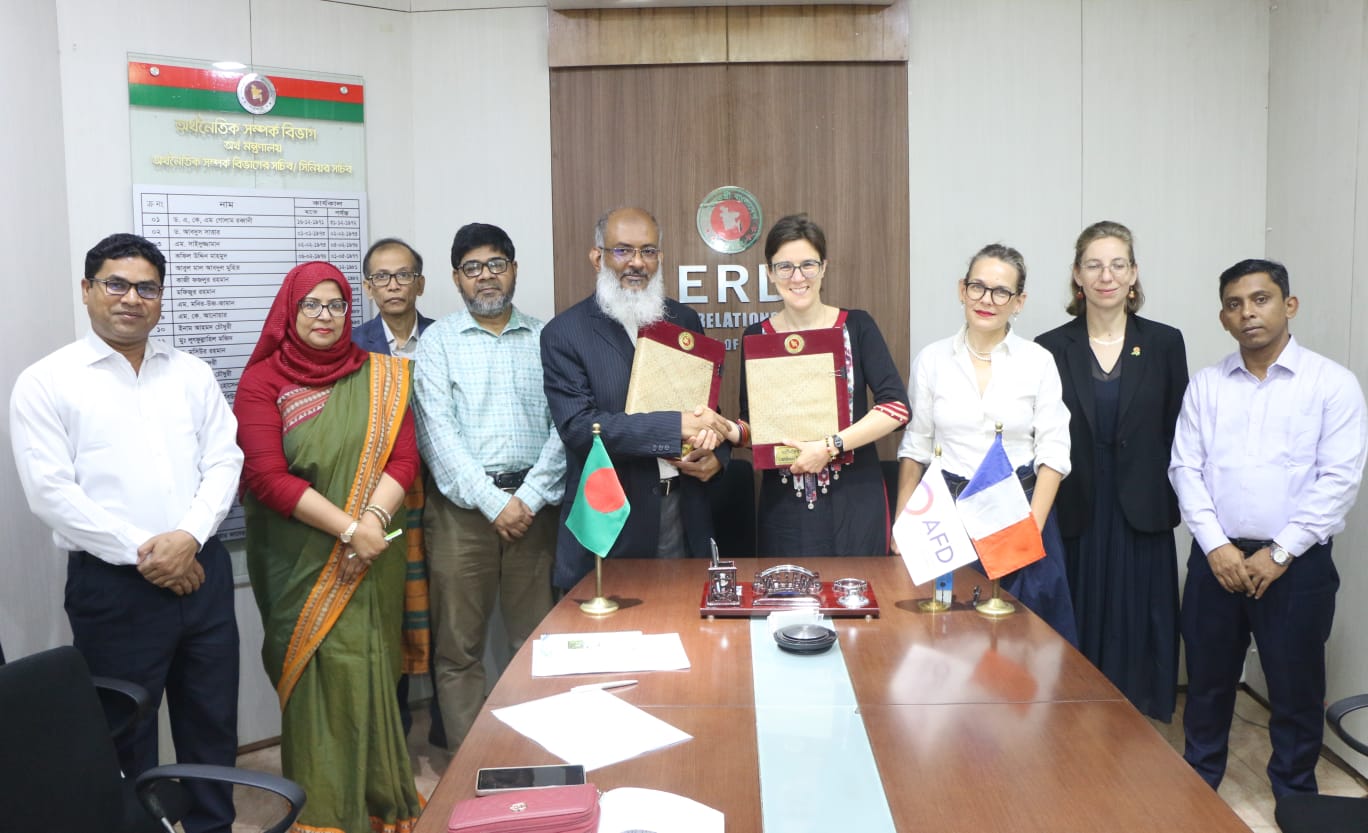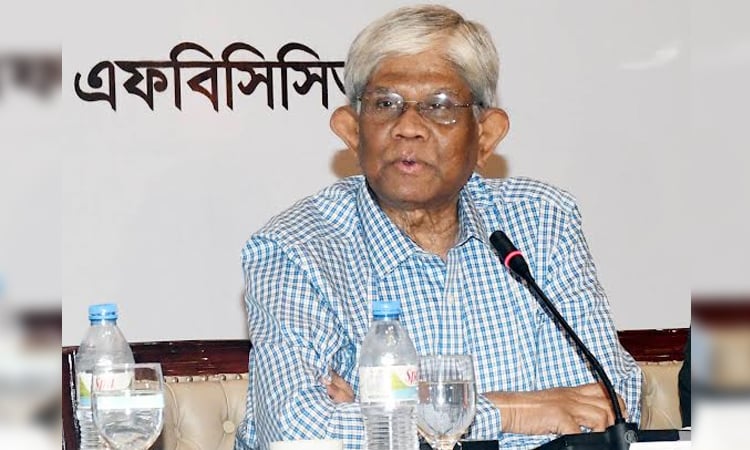
Dr Ahsan H Mansur, Governor of Bangladesh Bank, has raised concerns about the future of several banks in the country, highlighting that while efforts are being made to improve governance, some banks may not survive. He pointed out that in certain cases, up to 87% of deposits are controlled by a single family, a factor that further jeopardises their stability.
Dr Mansur made these remarks as the chief guest via online participation at the “Macroeconomic Policy and Governance in the Banking Sector” session on the second day of a two-day conference organized by the Centre for Policy Dialogue (CPD).
The conference focused on recommendations from the Task Force on Re-strategising the Economy.
Governance challenges and bank restructuring
The Governor discussed ongoing challenges in Bangladesh’s banking sector, including the prevalence of weak governance in some institutions. While Bangladesh Bank is working to improve governance, Dr Mansur acknowledged that certain banks are struggling, particularly those with significant familial control over their operations.
He emphasised that at present, Bangladesh Bank is not considering approving new digital banks, instead focusing on making Mobile Financial Services (MFS) interoperable to improve financial inclusion.
On the role of the Financial Institutions Department (FID), Dr Mansur stated that although FID may continue to exist, it will no longer exert influence over the banking sector. He suggested that FID could manage insurance companies but would not be allowed to govern banks.
Dr Mansur also addressed the specific cases of Islami Bank and UCBL, two banks that had previously required liquidity support from Bangladesh Bank. He reported that these banks no longer require such assistance and are showing signs of recovery, although challenges remain in their loan portfolios.
Push for Bangladesh Bank’s independence
The Governor touched on the restructuring efforts currently underway at Bangladesh Bank to enhance its autonomy. A major part of the restructuring involves increasing the bank’s automation to minimise political interference and ensure more effective regulation. He also underscored the importance of preserving the independence of Bangladesh Bank in the face of political pressures, especially from entities like the Financial Intelligence Unit (FIU).
Abdul Awal Mintoo, Chairman of the National Bank and former President of the Federation of Bangladesh Chambers of Commerce and Industry (FBCCI), responded critically to the Governor’s statements. Mintoo argued that shutting down struggling banks is not a solution, and that they must be kept alive. He stressed that the banking sector cannot be fixed overnight, and suggested that public statements like “good banks, bad banks, strong banks, weak banks” were counterproductive to the sector’s overall improvement.
Mintoo also criticised the Task Force’s report for overlooking the contribution of commercial banks to Bangladesh’s economy. He pointed out that banks are forced to give long-term loans against short-term deposits, a practice that the Task Force failed to address. According to Mintoo, political reform is essential for the stability of the banking sector, arguing that without reforms in governance and political practices, no banking reforms could succeed.
Urgency for governance reform in the banking sector
Dr Fahmida Khatun, Executive Director of the Centre for Policy Dialogue (CPD), in her keynote presentation, underscored the urgent need for strengthened governance within Bangladesh’s banking sector. According to Dr Khatun, the banking sector remains the backbone of Bangladesh’s financial system, but it is facing major challenges such as high loan default rates, worsening asset quality, and overall underperformance.
Dr Khatun highlighted alarming trends, such as the decline in financial depth since FY2016 and a sharp rise in classified loans and non-performing loans (NPLs), which stood at over Tk 284,977 crore in September 2024. She emphasised that this amount far exceeds the combined budgets for Bangladesh’s health and education sectors for FY2024, underscoring the urgency of reforms.
Recommendations for reform
To address the sector’s challenges, Dr Khatun proposed a series of short-, medium-, and long-term reforms aimed at stabilising the banking system:
Institutional Strengthening: Immediate actions should include stricter enforcement of borrower exposure limits, better loan sanctioning procedures, and depoliticizing bank boards. In the medium term, internal controls and compliance measures should be strengthened, while long-term goals should focus on modernizing banking systems and enhancing IT infrastructure.
Regulatory Independence: Dr Khatun stressed the importance of preserving the autonomy of Bangladesh Bank and halting the practice of bailing out troubled banks. Strengthening the Bangladesh Financial Intelligence Unit (BFIU) and ensuring accountability for past mistakes were also central to her recommendations.
Legal Reforms: Dr Khatun called for a comprehensive overhaul of the legal framework governing banks, including amendments to the Banking Company Act and Bankruptcy Act. She also proposed establishing specialized courts for loan default cases and increasing penalties for willful defaulters.
Data Transparency: She proposed improving the transparency of banking data, including publishing compliance reports aligned with international standards like BASEL III. Additionally, she recommended improving loan classification procedures to ensure greater accountability.
Dr. Khatun concluded by emphasising that the health of the banking sector is crucial for the overall economic stability of Bangladesh. She called on the government to implement comprehensive reforms that include institutional strengthening, regulatory independence, legal reform, and enhanced data transparency. Only by addressing these issues, she argued, could the banking sector become more resilient and contribute to the long-term prosperity of the nation.








